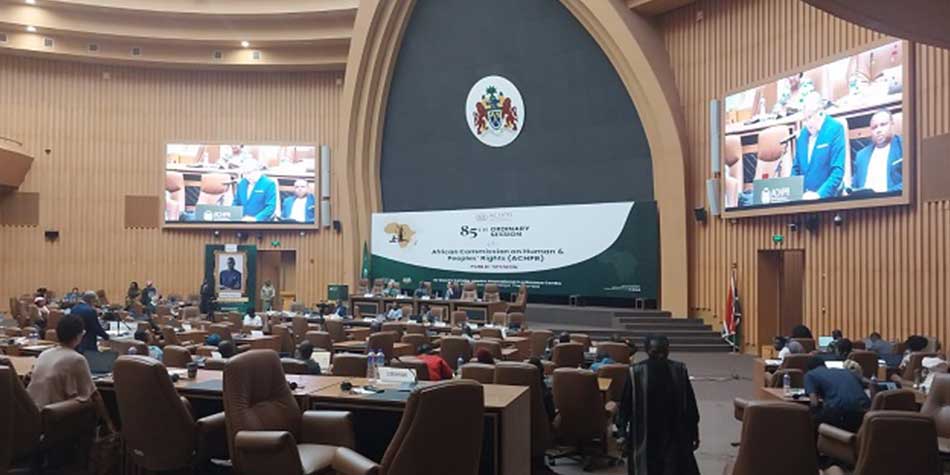
Groundbreaking Survey Reveals Iranians’ Attitudes Towards the Death Penalty
Statistics
This survey, conducted by the GAMAAN Institute between the 3rd and the 11th of September 2020, includes responses from about twenty thousand people living inside Iran.
The findings can be generalized to the whole population of literate Iranian residents above 19 years old, who account for 85% of the total adult population of Iran.
Extract from article on IHR website, full article here.
Full Public Opinion Survey report can be found here.
Also, according to this survey:
- Only 14% of Iranians favor the death penalty as mandated by the Sharia Law (as it is in the present Iranian Penal Code)
- More than 85% of Iranian people oppose the death penalty for crimes committed by persons under 18 years of age 86% of Iranians oppose the practice of public executions
- Only 21% of Iranians say they would prefer qisas (death penalty as retribution) over another penalty if an immediate family member were murdered

[…]
“This survey indicates that, contrary to official assertions, Iranian authorities’ death penalty policy doesn’t have the support of the people. The vast majority of Iranian people want to put an end to public executions and the death penalty for child offenders, and they prefer alternative punishments even for serious crimes such as murder. The international community must echo the Iranian people’s voice and call on Iranian authorities to implement fundamental reforms in order to make a significant move toward the abolition of the death penalty.”
Mahmood Amiry-Moghaddam, Director of IHR
According to IHR reports, a majority of people executed in Iran since 2017 had been convicted of murder and sentenced to death under the legal principle of qisas (retribution in kind). Iranian authorities assert that qisas is the right of the plaintiff (the victim’s family) and that most qisas executions take place upon request of the plaintiff.
However, when questioned about their preferred punishment if an immediate family member were murdered, only 21.5% of respondents chose qisas (death penalty as retribution), while more than 50% preferred alternative punishments such as imprisonment.
“Although a State’s obligation to respect human rights should never be subject to popular vote, the results of this survey clearly indicate that public acceptance of capital punishment in Iran is nuanced, with a significant portion of respondents opposed to the death penalty regardless of the crime”
Kevin Miguel Rivera-Medina, President of the WCADP
“Iranian authorities, eager to keep the death penalty, are quick to point out that they are carrying out the will of the people, claiming that the death penalty is fair and mandated by Sharia law. However, with only 14% of respondents agreeing with such a statement, it is evident that the Iranian government’s inaccurate assertions about public opinion are merely pretext for ongoing human rights abuses. Now, more than ever, the Iranian government should heed the Iranian people’s call to abandon qisas and take positive steps to reduce the scope of the death penalty on its territory. Such steps would both reaffirm these views and recognize the worldwide principle of respect for human life”
Kevin Miguel Rivera-Medina, President of the WCADP
On publication of this survey, the WCADP and IHR call for an immediate moratorium on the use of death penalty and the implementation of serious penal reforms limiting the use of the death penalty as a step towards its total abolition in Iran. Iranian authorities’ reforms implemented in the Anti-Narcotic Law in 2017 have significantly reduced the number of executions. But Iran’s execution numbers are still among the highest in the world.







